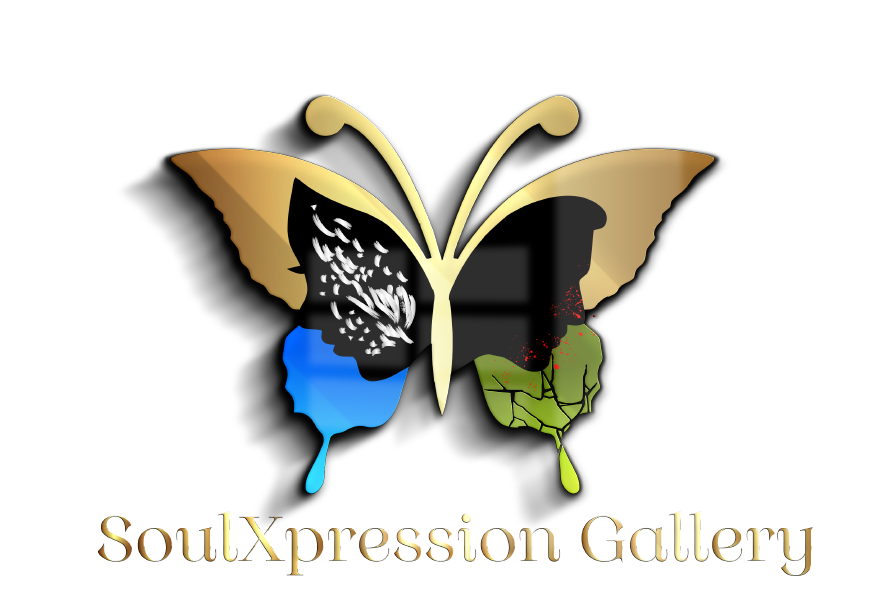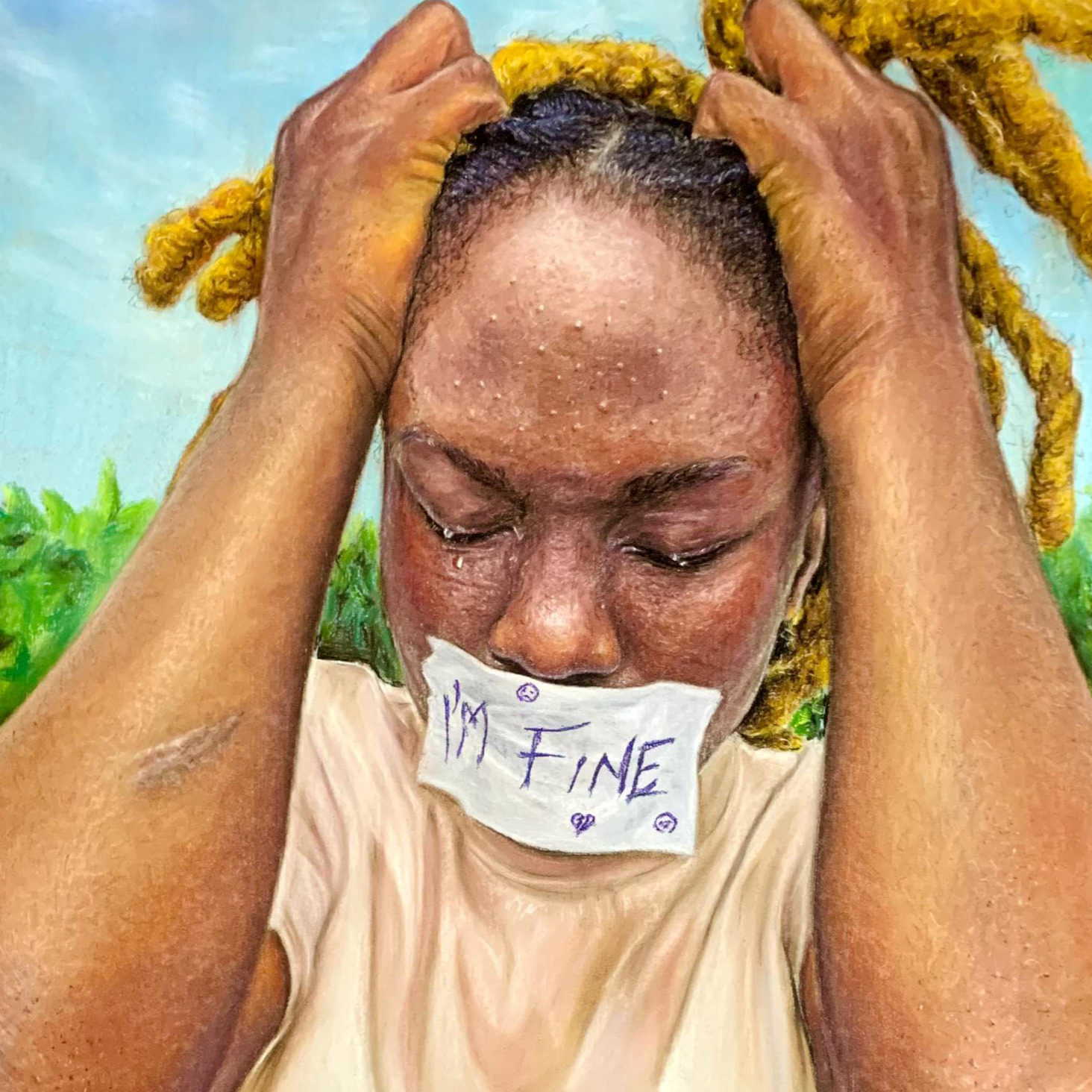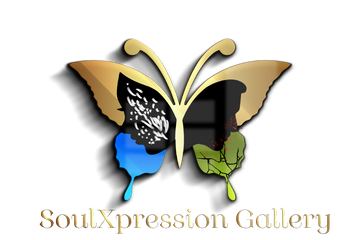When Life Breaks You
Laziness, A Natural Reaction To Life’s Challenges
There comes a moment when you look in the mirror and don't recognize the person staring back. The fire that once burned bright within you has ceased. You wonder how you became this person—this shadow of who you used to be.You remember yourself differently. You were the one who got back up after every fall. You were the dreamer who believed in tomorrow and took deliberate steps toward your goals. "I give up" weren't words that lived in your vocabulary. You were resilient, determined, and alive with purpose. Then life delivered a blow that shattered something deep inside you.
Maybe it was losing the job you poured your heart into, watching years of dedication crumble in an instant. Perhaps you were betrayed by someone you trusted completely, or illness stole months from your life, leaving you struggling to find your footing again. The wound might have been the slow erosion of hope after too many disappointments, or the sudden loss of someone who meant everything to you. Whatever it was, you tried to recover. You fought to climb out, again and again. But each attempt felt like pushing against an immovable wall.
Days began to blur together. You found yourself retreating into the safety of your home, your mind spinning with questions that had no answers. Even breathing felt labored, weighed down by the heaviness in your chest. Netflix became your companion. TikTok filled the silent hours. Facebook provided a window into lives that seemed impossibly bright compared to your own dimmed existence. You watched others celebrate their victories while shame gnawed at you from the inside. Friends whispered behind your back, their concerned glances feeling more like judgment than care. They pointed fingers at you, not understanding your struggles.
The cruelest part? Even when you genuinely wanted to do something—anything—your body refused to cooperate. Your mind would plan, your heart would hope, but your limbs felt like they were made of lead. "Tomorrow," you'd promise yourself. "Tomorrow I'll start." But tomorrow would arrive, and the same paralysis would settle over you. Each failed attempt deepened the wound. You turned your frustration inward, creating a vicious cycle of self-blame and negative thoughts. You couldn't understand who you'd become, and you certainly couldn't accept it. The person you used to be felt like a stranger from another lifetime.
Does this story feel familiar? Does it echo in the quiet corners of your own experience?
The Truth About Your Struggle
Here's what I need you to understand: your "laziness" isn't a character flaw. It's not evidence of your weakness or lack of ambition. What you're experiencing is emotional exhaustion so profound that your spirit has gone into survival mode.
When we say someone is "lazy," we imagine a person who simply doesn't want to work. But that's not you. You do want to act—you're just emotionally bankrupt. Your mind and body are protecting you from further harm by shutting down.
The scrolling, the binge-watching, the endless distraction—these aren't signs of moral failure. They're your psyche's attempt to find small moments of peace in a world that has become too painful to face directly. You've been running on empty for so long that you've forgotten what it feels like to have fuel in your tank. Your spirit has been so wounded that it's gone into hiding, leaving you to navigate the world with only the most basic functions intact.
The Path to Healing begins With Truth
There are no magic solutions here, no quick fixes that will restore you to your former self overnight. But there is a path forward, and it begins with something that might feel counterintuitive: acknowledgment. Sit with yourself quietly and honestly examine what brought you to this place. Don't judge it, don't try to fix it yet—just see it clearly. Write it down if you can. Every disappointment, every loss, every moment when life proved too much to bear. This isn't about blame or shame; it's about witnessing your own story with compassion. Acknowledge that you were hurt, and that hurt had consequences. This wasn't necessarily your fault. You're not broken because you're weak—you're wounded because you're human.
Next, look at your own vulnerabilities with the same gentle honesty. Yes, you're at a low point you never imagined possible. You've been humbled by circumstances beyond your control. But within this humbling lies something called self-knowledge. What have you learned about yourself in this darkness? What attempts at healing didn't work? What patterns do you see? Write these discoveries down too. Now comes perhaps the most important step: give yourself permission to rest. Not the numbing kind of rest that comes from endless scrolling, but true rest. The kind that comes from stepping outside and feeling the air on your skin. The kind that emerges during a quiet morning or evening walk when you allow yourself to simply exist without the pressure to be anything more.

Rebuilding From the Ground Up
Let time mend what's broken.
Your healing is a process that might be long or short depending on the person. It includes several small choices made with intention and self-compassion. Start with reducing your Facebook time from ten hours to nine, and use that recovered hour to do something nurturing for yourself. Replace each harsh thought about yourself with a kind one.The negative thoughts won't disappear immediately—they've been your companions for too long. But by consciously rejecting and replacing them with good ones, you will gradually see the changes.
This is not about positive thinking or fake optimism. This is about basic human need—the kind you would extend to a friend in your situation.Write down what you want, but keep it small and achievable. Write down what you might do, but don't demand perfection. Write down how you might take one tiny step, but don't expect yourself to run a marathon. Gradual change is not just gentler—it's more sustainable.
Remember that you're not trying to become someone new, even though you would become one along the way. You're trying to reconnect with who you've always been underneath the pain. That person is still there, resting, waiting for you to create safe enough conditions for them to emerge again. Your current state was never your choice—it was your spirit's response to circumstances that overwhelmed your capacity to cope. You didn't choose this, but you can choose how to move through it. Every small step you take is evidence of your inherent strength, even when it doesn't feel like strength at all.
As long as you're breathing, there is hope. Not the kind of hope that demands immediate transformation, but the quiet, steady hope that knows healing is possible, one moment at a time. You don't have to completely believe in yourself yet—you just have to be willing to try again, a little differently this time.The person you used to be isn't gone. They're just resting, gathering strength for the journey ahead. And that journey begins not with a grand gesture, but with the simple act of treating yourself with the same compassion you would offer a dear friend in their darkest hour.



